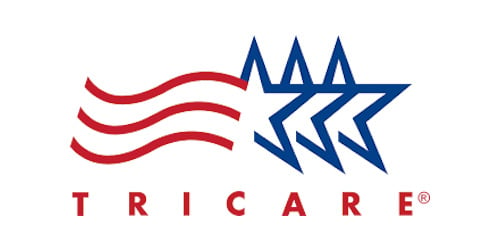Your trusted skin care provider in Knightdale
formally Laing Dermatology

formally Laing Dermatology
At Forefront Dermatology, our team of board-certified medical, cosmetic, and surgical dermatologists offers a highly personalized approach to meeting all of your skin care needs. We are proud to serve the Knightdale, NC area, providing comprehensive care and exceptional patient experience in a convenient location.
360° Office Tour
At Forefront, we’re dedicated to caring for the health and well-being of each of our patients. If you find yourself asking others or searching online for “The best dermatologist near me,” you can feel confident that we’ll provide the most advanced care possible. Our large network of board-certified dermatologists has the experience and knowledge to treat even the most difficult cases.
Many of our offices are equipped to handle advanced dermatology needs and are supported by Mohs surgeons, who are experts in the treatment of skin cancers affecting the face, neck, hands, and feet. With our dermatopathology lab, we’re able to carefully examine biopsy results and view the full medical history of each patient.
ABOUT US >
Razor bumps, scientifically known as pseudofolliculitis barbae, are a common skin issue that plagues many individuals after shaving. These irritating, often itchy bumps can occur when shaved hairs grow back into the skin, causing inflammation and redness. Fear not, though – with the right knowledge and a few simple steps, you can bid farewell to […]
CONTINUE READING >




